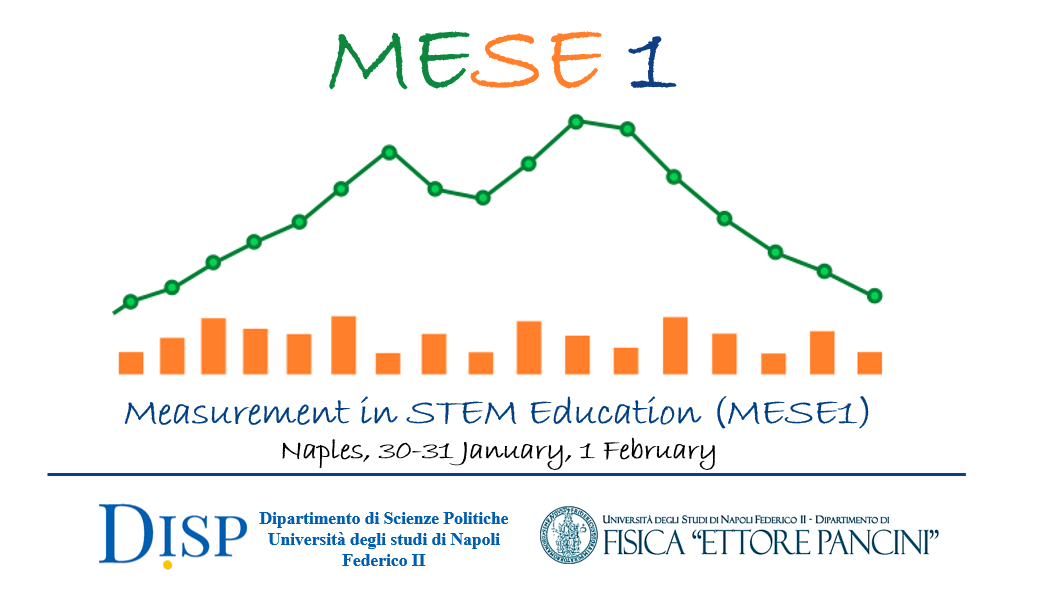Speaker
Description
The study of gender differences in mathematics attainment has exponentially increased over time as closing the gap between boys and girls is a priority for both research and policy. Mathematics has in fact been listed by the European Commission as one of the ‘key competences’ necessary to all for personal fulfilment and development. Nonetheless, there are still several countries around the world in which boys significantly outperform girls in mathematics with negative implications at both individual and collective level (i.e., in terms of expected employability and wage as well as in terms of societal and economic development, especially considering that the demand of STEM-related job is going to increase).
The current research builds on a Marie Curie project aimed at exploring the possible association between gender differences (particularly, female underachievement) in mathematics and environmental socio-cultural and economic factors. Building on results showing that the more traditional the ‘field’ in which students grow their gender identity, the better the boys’ attainment in mathematics compared with girls, the current study goes a step further by showing how measurement can be used to help educational practitioners in understanding the relationship between students’ gender and their attainment in mathematics.
Within the framework of the Rasch analysis, educational research has frequently employed Differential Item Functioning (DIF) analysis to measure the (possible) association between the probability of successfully encountering each single (mathematics) item and a single students’ characteristic (such as gender). Differential Functioning occurs when examinees from distinct groups, but matched on ability, have different probabilities of answering an item correctly. Differential functioning can relate to a single item or to a bundle of items. The former is referred as Differential Item Functioning (DIF), the latter as Differential Bundle Functioning (DBF).
In the current study, after showing results from a systematic literature review about the employment of DBF in educational research, I present an application of both DIF and DBF to Large-Scale Assessment (LSA) data, collected in Italy by the Italian national institute for the evaluation of educational system, in 2017, at Grade 10 (on average, 15-years old students). Results were used to discuss (i) strengths and weaknesses of both DIF and DBF; (ii) similarities and differences of these two analyses and, thus, how each of them can be employed to support educational practitioners in dealing with gender differences; as well as (iii) the use of LSA data in Mathematics Education research.

